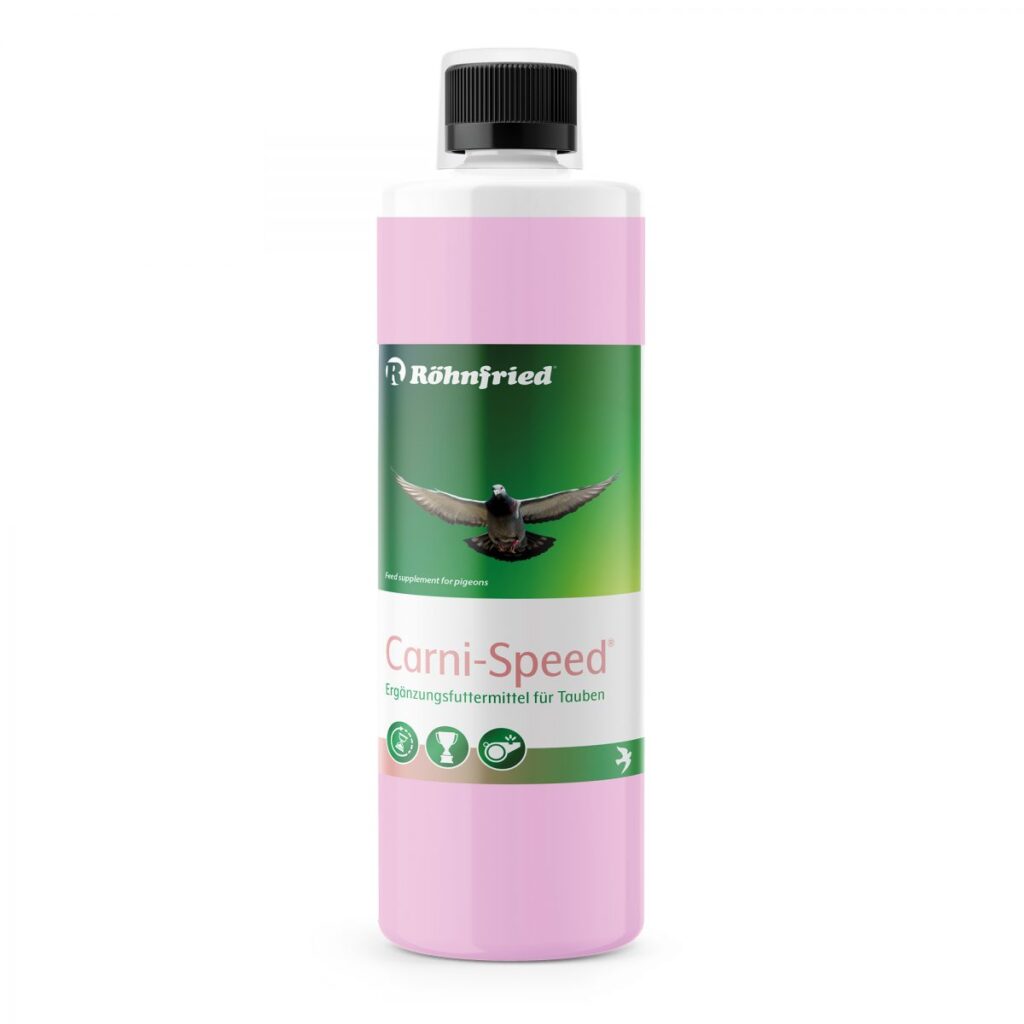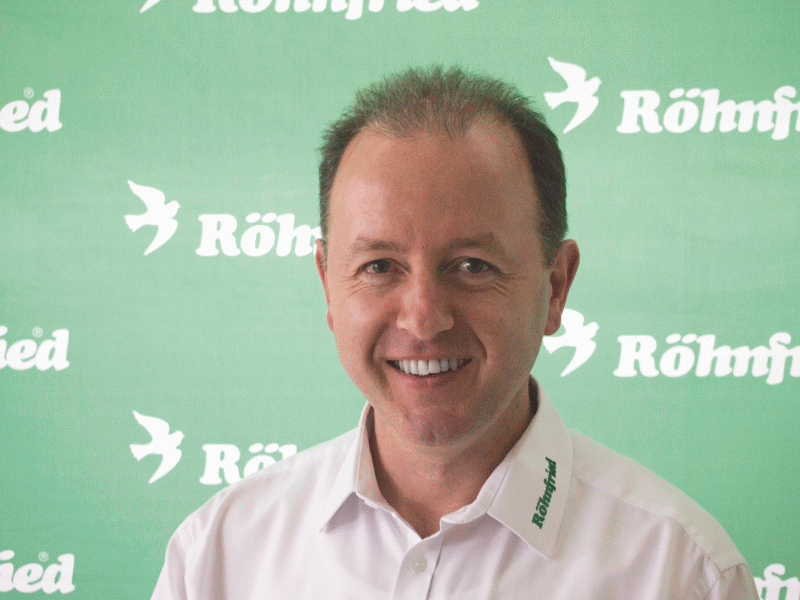L-carnitine and the metabolism – by Alfred Berger…
The L-carnitine supply takes in pigeon racing a high Importance, because this natural protein compound plays a essential role in energy generation.
L-carnitine briefly introduced
L-carnitine is one of the amino acid-like compounds and is a natural component of the heart and skeletal muscles.
Of the
body can make it itself from the amino acids lysine and methionine
produce. However, vitamin B3 is still required for conversion into L-carnitine
and vitamin B6 as well as iron and vitamin C are necessary.
L-carnitine and energy production
L-carnitine is formed in the liver, kidneys and brain and is mostly stored in the heart and skeletal muscles.
the
Effect of L-carnitine is mainly related to lipid metabolism
together, because the amino acid-like compounds transport
long-chain fatty acids to the mitochondria, which act as the "power plants of the
cell”.
There the fatty acids in the so-called
ß-oxidation process converted into energy. Especially the heart
obtains its energy by burning long-chain fatty acids.
L-carnitine also has the ability to reduce fatigue and To prevent cramping of the muscle and thus its damaging effect to prevent muscle cells. L-carnitine also serves as a buffer of the damaging lactic acid, leaving the muscle under extreme stress doesn't get "sour" so quickly.
Studies show that continuous feeding of carnitine can have a positive impact. There is evidence that a daily supply of at least 50 mg L-carnitine per pigeon must be guaranteed in order to see a significant increase in performance.
Under "normal" living conditions (outside the travel season), the The need for L-carnitine is mainly covered from the self-synthesis. A deficiency can nevertheless occur if the intake is low (Mixed grain feeds, for example, have an extremely low content of L-carnitine) there is a high requirement.
Plants hardly contain any L-carnitine
L-carnitine is mainly found in animal foods. Plants and herbal products, on the other hand, contain hardly any L-carnitine, s-o that a lack of L-carnitine, especially under heavy stress can arise.
For this reason, it makes sense to supplement L-carnitine.

L-Carnitine Supply
There is a significantly increased need when the physical strain increases due to training and competitions.
We therefore recommend feeding L-carnitine over a longer period of time.
As a result, the racing pigeons tire less quickly, causing the Airspeed to be kept high over a longer period of time can. The indirect cell protection function of L-carnitine protects the Muscle. This prevents the harmful "sour" muscles counteracted and the pigeon can so lasting peak performance provide.
For this reason we recommend Carni-speed, the main component of which is L-carnitine, to be administered daily 14 days before the first free flight or before the start of the races.




